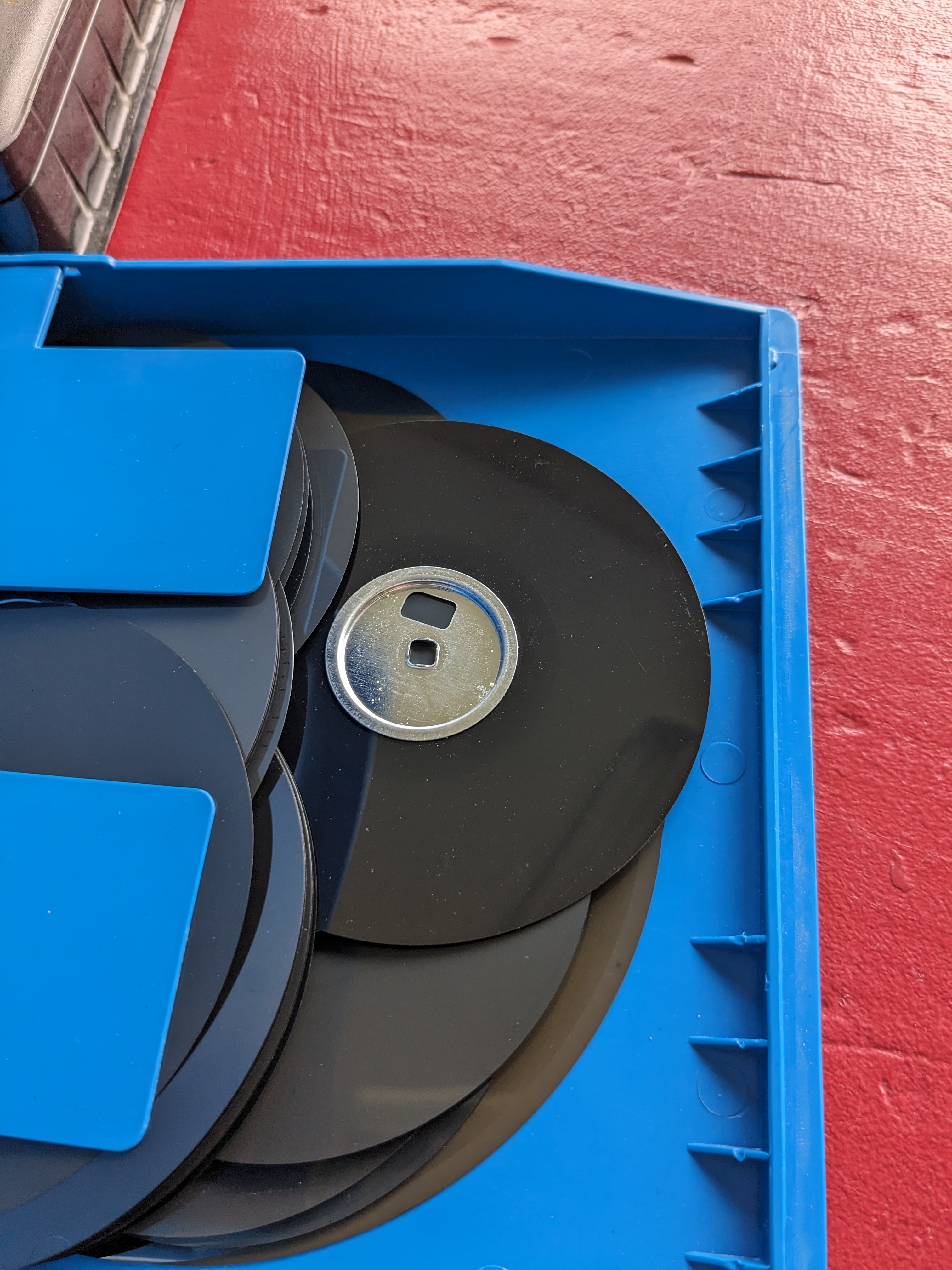this post was submitted on 05 Aug 2023
218 points (92.2% liked)
Technology
60327 readers
3628 users here now
This is a most excellent place for technology news and articles.
Our Rules
- Follow the lemmy.world rules.
- Only tech related content.
- Be excellent to each another!
- Mod approved content bots can post up to 10 articles per day.
- Threads asking for personal tech support may be deleted.
- Politics threads may be removed.
- No memes allowed as posts, OK to post as comments.
- Only approved bots from the list below, to ask if your bot can be added please contact us.
- Check for duplicates before posting, duplicates may be removed
Approved Bots
founded 2 years ago
MODERATORS
you are viewing a single comment's thread
view the rest of the comments
view the rest of the comments
 this
this
The disk itself is flexible, hence the floppy disk. In contrast a hard disk had rigid platters, hence hard. The outer casing has nothing to do with it.
You're technically correct, the best kind of correct. And that said, from a daily-use perspective, the 3½" type has a rigid case, i.e. not floppy. So the storage medium is floppy, while the whole object that the user is expected & supposed to interact with is not. That's why I find "3½ inch floppy disk" to be a bit of a misnomer.
The 8" and 5¼" types have soft carriers, which is why I have no qualms calling those "floppy disks."